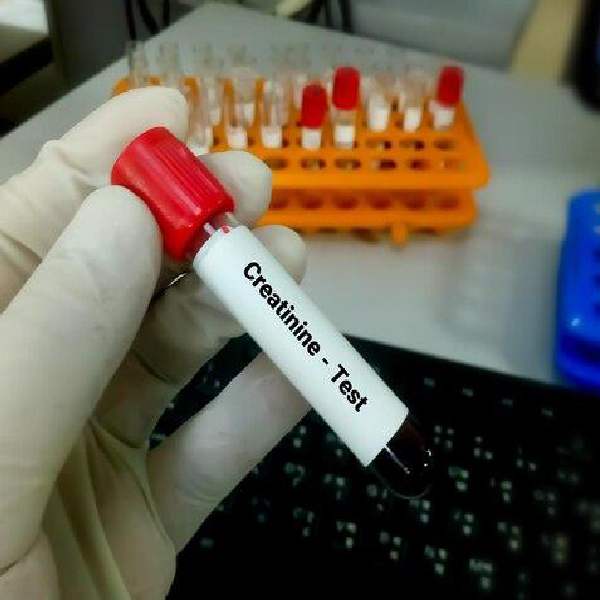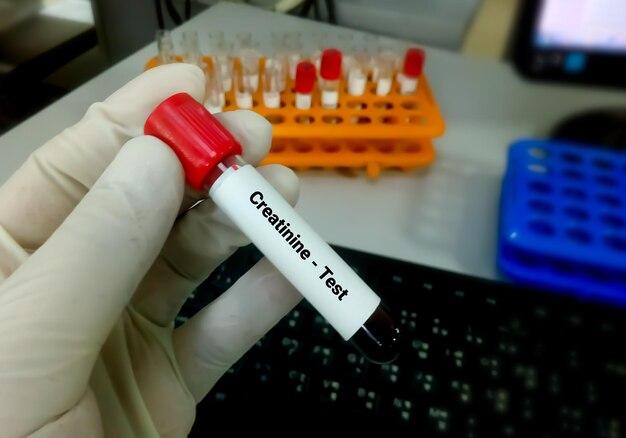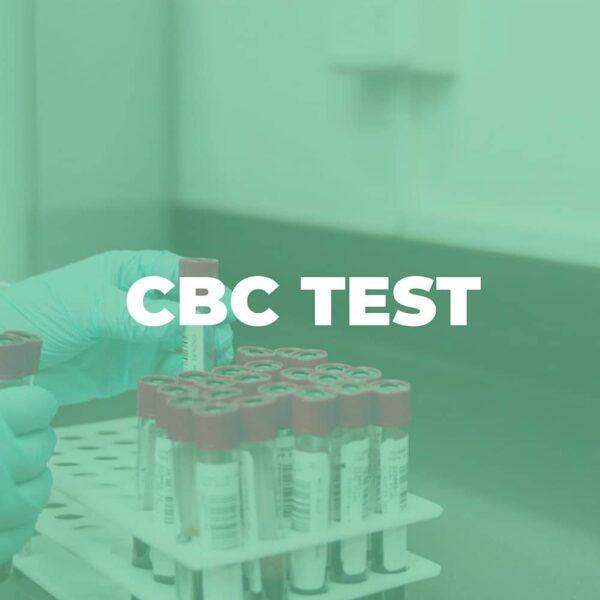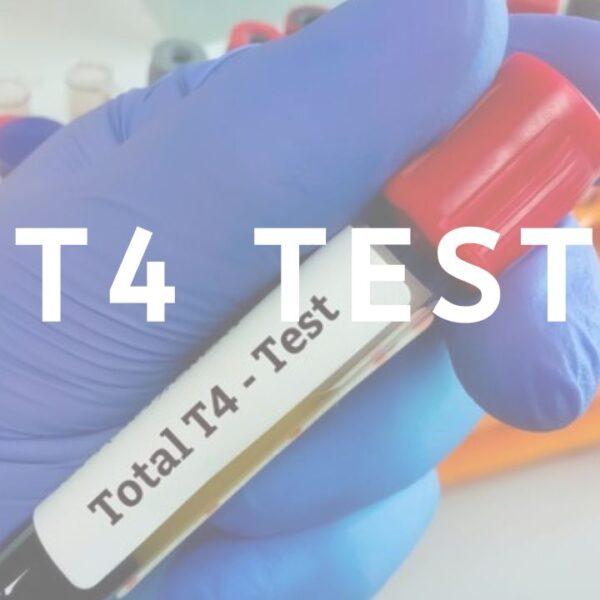Preparation for Creatinine Test
There is no special preparation required for a creatinine test, but there are a few simple things you can do to make the test more comfortable and to ensure accurate results:
- Fast for 8-12 hours before the blood test. This means avoiding all food and drinks except water.
- Avoid eating meat for 24 hours before the blood or urine test. Meat can temporarily raise creatinine levels.
- Avoid strenuous exercise for 24 hours before the blood or urine test. Exercise can also raise serum creatinine levels.
- Tell your doctor about any medications you are taking. Some medications can interfere with creatinine test results.
Get Appointment
Procedure for Creatinine Blood Test
A creatinine test can be performed using either urine or blood. To collect a urine sample, you will need to collect all of your urine over a 24-hour period. For a blood test, a healthcare provider will draw a small amount of blood from a vein in your arm. Both procedures are simple and safe, and the results are usually available within a few days.
Understanding Creatinine Test Parameters
Creatinine test parameters are the reference ranges for creatinine levels in blood and urine. These ranges vary depending on your age, sex, and muscle mass.
- Blood Creatinine Test Parameters
The normal creatinine levels by age is as follows:
- Adults: 0.7-1.3 mg/dL for men and 0.6-1.1 mg/dL for women
- Children: 0.4-1.0 mg/dL
- Infants: 0.3-0.7 mg/dL
2. Urine Creatinine Test Parameters
The normal range for urine creatinine levels is as follows:
- Adults: 15-25 mg/kg/day for men and 10-20 mg/kg/day for women
- Children: 10-20 mg/kg/day
Creatinine Test Results Assessment
A high creatinine level may indicate kidney damage or other medical conditions, such as muscle wasting, dehydration, or heart failure. A Nomcreatinine level may be seen in people with low muscle mass, such as the elderly or those with certain medical conditions.
It is important to note that creatinine levels can be affected by a number of factors, including diet, exercise, and medications. If you have any concerns about your creatinine levels, talk to your doctor.
Check Out Our Full Body Checkup Packages Including Creatinine Test Today.
FAQ's
The creatinine test is used to measure the level of creatinine in your blood. Creatinine is a waste product produced by your muscles and filtered out of your blood by your kidneys. A high creatinine level may indicate that your kidneys are not working properly.
You should have a creatinine test as often as your doctor recommends, depending on your individual circumstances. For example, if you have diabetes or high blood pressure, your doctor may recommend that you have a creatinine test regularly to monitor your kidney function.
To prepare for a creatinine test, fast for 8-12 hours before a blood test, avoid eating meat for 24 hours before a blood or urine test, avoid strenuous exercise for 24 hours before a blood or urine test, and tell your doctor about any medications you are taking. Creatinine tests can be done on blood or urine samples, and results are usually available within a few days.
A number of things can cause your Normal creatinine levels to be high or low, including:
- High creatinine levels: Kidney disease, muscle mass loss, dehydration, heart failure, and certain medications
- Low creatinine levels: Pregnancy, muscle mass gain, and certain medications
A high creatinine level may be a sign of kidney problems, but it can also be caused by other factors, such as dehydration and muscle mass loss. Your doctor will interpret your creatinine test results along with your other medical information to make a diagnosis and recommend treatment.
Creatinine test results typically take several days to a week to become available.
No, you cannot do a creatinine test at home. Serum Creatinine tests must be performed in a laboratory.









